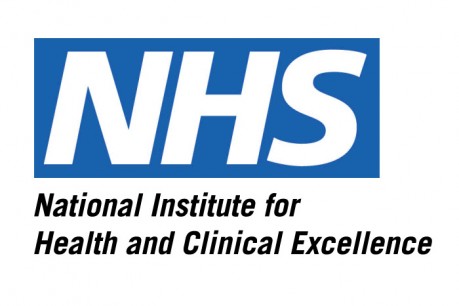Drug Denial Can Result in Diabetics Losing Eye-Sight
 Following the decision issued by the National Institute for Health and Clinical Excellence (NICE), which limits NHS to provide quality funding to drug addicts, thousands of people could be at a gradual risk of losing their eyesight.
Following the decision issued by the National Institute for Health and Clinical Excellence (NICE), which limits NHS to provide quality funding to drug addicts, thousands of people could be at a gradual risk of losing their eyesight.
NICE has recently passed an ordinance, as per which, Lucentis should not be employed in treatment of diabetic macular oedema (DMO).
Since the restriction can result in thousands of diabetics dreadfully losing their eyesight, various charitable and eye health experts are advising NICE, treatment-manufacturers and other health experts to find a mid-way solution, which can benefit the diabetic patients along with eliminating the abuse of banned drugs.
Novartis, the drug manufacturer had allegedly miscalculated the effective cost-valuation for Lucentis, a drug which is also known as ranibizumab, when evaluated against laser therapy for DMO.
Sir Andrew Dillon, NICE’s Chief Executive, has said that the appraisal committee was fully aware that the loss of eye-sight can take place, which would enforce a negative impression on quality of life and daily activities of patients suffering from DMO, particularly because it can influence the ability of diabetics to manage their maladies.
NICE already allows the use of ranibizumab for wet age-related macular degeneration, since it has been proved in clinical tests to be an influential treatment against DMO.
Sarah Rochira, Director of RNIB Cymru, has said, “Without urgent action this decision could lead to thousands of people losing their sight unnecessarily”.